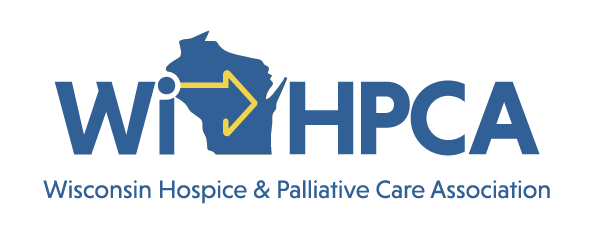WiHPCA is happy to remind members about and provide links to the latest legislative and regulatory articles and information on the hospice industry from Hospice News and other publications:
· Congress Grills HHS on Hospice Program Integrity
Hospice News – By Jim Parker| March 21, 2024
Members of Congress are raising questions about the continued Medicare certification for new hospices in areas rife with fraud. U.S. Health and Human Services (HHS) Secretary Xavier Becerra fielded questions in a House Ways & Means committee hearing on Capitol Hill on Wednesday. Rep. Michelle Steel (R-Calif.) and Rep. Beth Van Duyne (R-Texas) fired questions at the secretary about an apparent lack of progress on curbing certifications for bad actors. Read more...
· HHS Secretary Becerra: We’re with You on Telehealth Flexibilities
Hospice News – By Jim Parker| March 20, 2024
Telehealth flexibilities must become permanent U.S. Health and Human Services (HHS) Secretary Xavier Becerra indicated in a congressional hearing today. At the end of this year, telehealth flexibilities implemented during the pandemic are slated to expire. In a hearing before the U.S. House Ways and Means Committee Becerra said that HHS was willing to make them permanent. However, he said this would require closer collaboration with state governments. Read more...
· State Palliative Care Councils May Be Proliferating
Hospice News – By Holly Vossel| March 20, 2024
Wisconsin is among the states that have recently taken steps to improve palliative care access and awareness. Wisconsin legislators recently introduced a bill that would establish a statewide Palliative Care Council. If passed, the bill would require the state’s Department of Health Services (DHS) to create a group of palliative clinical professionals, patients and family members to help address care delivery issues in the field. Read More…
· Hospices Stepping Up Performance on Visits-in-Last-Days-of-Life Measure
Hospice News – By Jim Parker| March 14, 2024
Hospices, in aggregate, are showing improvement on the quality measure for visits in the last days of life. The number of registered nurse and social worker visits during a patient’s final week is one of the seven quality measures that CMS uses to evaluate providers. In Calendar Year 2021, the share of hospice care days with nurse visits in the last seven days of life rose to 63%, up from 62% year over year, according to the National Hospice and Palliative Care Organization (NHPCO). Read more…
Hospice News, which is part of the Aging Media Network, is a leading source for news and information covering the hospice industry.
